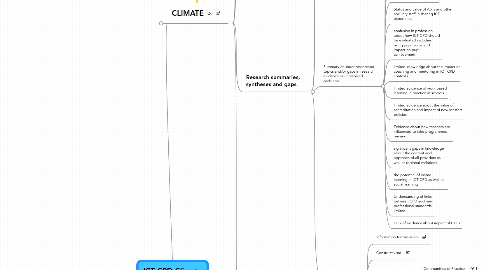
1. CLIMATE
1.1. Sociocultural and technology context
1.1.1. ESRC2008
1.1.2. Horizon2008
1.1.3. MacArthur2008
1.1.4. MediaLiteracy Audit Ofcom 2008
1.1.5. JISC 2007
1.1.6. Becta 2008
1.1.7. Convery 2009
1.2. National Policy Context
1.2.1. Digital Britain
1.2.2. Transforming Teaching and Learning
1.2.3. E-Maturity
1.2.4. E-Government
1.2.5. Leitch Report
1.2.6. Rose Review
1.2.7. 2020 Vision - The Gilbert Report
1.2.8. Harnessing Technology
1.3. Global and National Policies
1.3.1. Ofsted
1.3.2. 21st Century teachers: expectations
1.3.3. Government-related initiatives
1.3.3.1. Every Child Matters
1.3.3.2. BSF
1.3.3.3. Achievement for All
1.3.3.4. Teach First
1.3.3.5. SSAT
1.3.3.6. Academies/sponsors
1.3.3.7. Primary Capital
1.3.3.8. Every Child Matters
1.3.4. Global initiatives
1.3.4.1. Schools of the Future
1.3.4.2. OECD Indicators
1.3.4.3. Trans-Atlantic School Innovation Alliance
1.4. Research summaries, syntheses and gaps
1.4.1. BECTA
1.4.1.1. Research reports
1.4.2. Reflecting Education
1.4.3. EPPI Centre
1.4.3.1. Systematic Reviews
1.4.4. NFER
1.4.4.1. On the web
1.4.5. GTC
1.4.5.1. Research of the month
1.4.6. DCSF
1.4.6.1. Monthly research newsletter
1.4.7. Summary of under researched topics and/or gaps in research evidence or unresolved problems
1.4.7.1. Influence of new transprofessional policies
1.4.7.2. operation of current impact of communities of practice in the UK
1.4.7.3. concepts of professionalism and status of ICT
1.4.7.4. Studies of ICT CPD planned to promote systemic change
1.4.7.5. Lack of clarity about the meaning of Impact of ICT
1.4.7.6. Status and value of ASTs and other ancillary staff in sharing ICT experience
1.4.7.7. confusion in profession about how ICT CPD should be evaluated including using pupil voice and impact on pupil achievement
1.4.7.8. limited knowledge about the impact of coaching and mentoring in ICT CPD contexts
1.4.7.9. limited evidence of work based learning in practice in schools
1.4.7.10. limited evidence about the value of accreditation and impact of new Masters policies
1.4.7.11. Evidence about how teachers are influenced to take programmes missing
1.4.7.12. significant gaps in knowledge about the content and approach of all providers as well as regional variations
1.4.7.13. the potential of online learning in ICT CPD as well as social learning
1.4.7.14. Understanding of links between CPD and new professional standards limited
1.4.7.15. Lack of evidence about impact of CLCs
1.4.8. Models investigated
1.4.8.1. Information transmission
1.4.8.2. Constructivism
1.4.8.3. Interaction
1.4.8.3.1. Communities of Practice
1.4.8.3.2. Critical reflection model
1.4.8.3.3. Teacher enquiry model
1.4.8.3.4. Casemaking studies
1.5. Stakeholders
1.5.1. Teaching Unions
1.5.1.1. ATL
1.5.1.2. NAS/UWT
1.5.1.3. NUT
1.5.1.4. Voice
1.5.2. LAs
1.5.2.1. Advisors
1.5.2.2. SIPS
1.5.3. DCSF
1.5.4. Agencies
1.5.4.1. TDA
1.5.5. Political parties
1.5.6. Becta
1.5.7. Children
1.5.8. Parents
1.5.9. OFSTED
1.5.10. Schools
1.5.11. Governors
